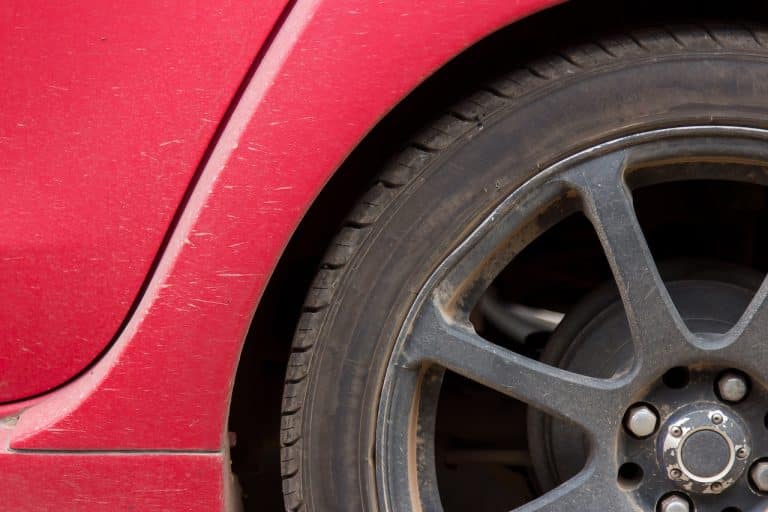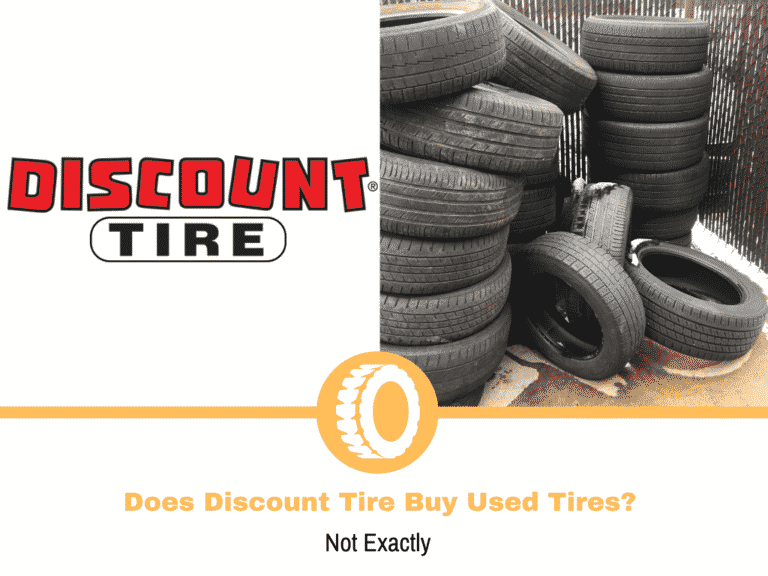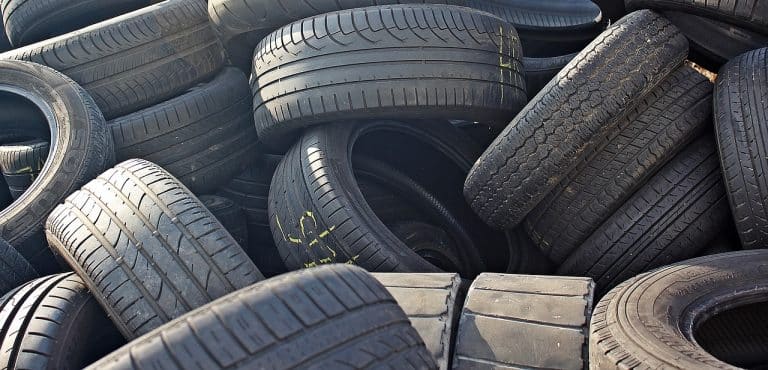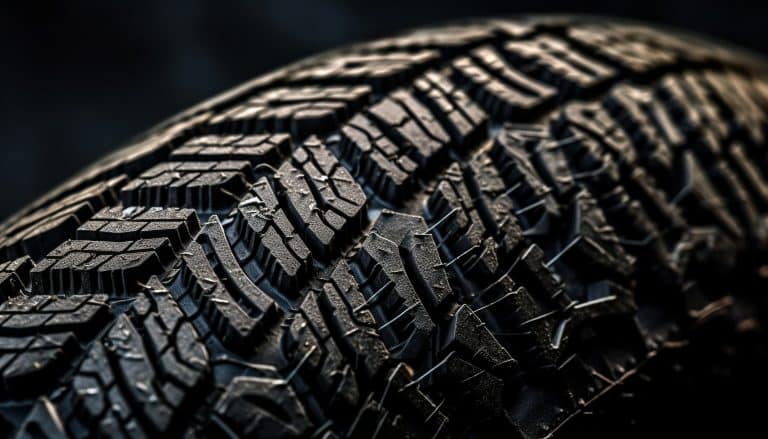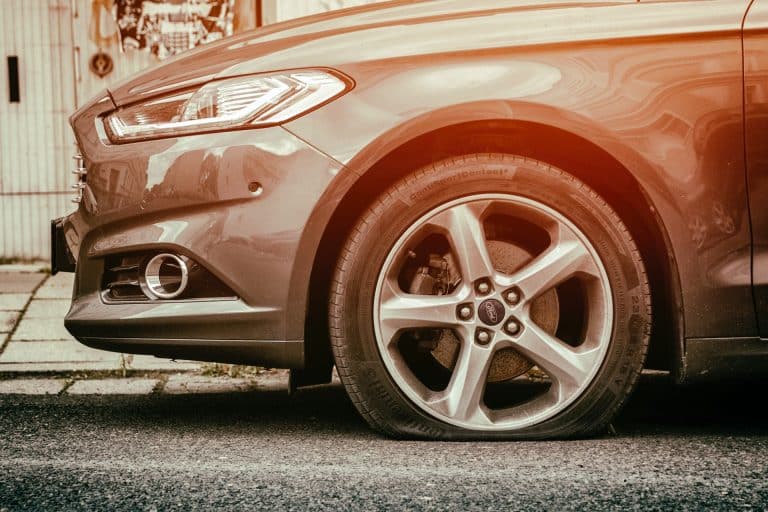What’s the Difference Between Touring & Performance Tires?
People call me “the tire guy” and they sometimes come to me for help to pick the right set of tires. I can mention a few good choices and call it a day, but it isn’t that simple.
Two people with the same type of car might have different preferences for tires. There are multiple types of tires, so both sides can be satisfied.
People end up in this situation because they don’t know which option is best. We all want the best-performing tire with no compromises in terms of refinement, but no one has invented a magic stick so far, so we’re out of luck.
The two types of tires that cover these features are touring and performance tires. There isn’t a massive confusion about which is which, but people are hesitant to decide which is a better option.
If you’re one of those people, then this guide should help you make the right choice. I’ll explain what each type is capable of and outline which conditions and car types would benefit the most of them.
Touring vs Performance Tires
Touring tires are designed for better refinement and longevity, so they should be paired with luxury sedans or hatchbacks. Performance tires make a bit of sacrifice in terms of refinement and longevity, but offer better performance, meaning that sports cars would benefit a lot from them. As simple as this sounds, there are some exceptions.
What are Touring Tires?
Starting off with the tires that are a more “popular” option – touring. These are the models most people get as they are designed to be more towards refinement and longevity. The performance is there, but it’s not as good as with other types of tires.
Don’t get me wrong, touring tires are solid performers and deliver more than enough performance. Most people drive their cars from A to B, so they won’t even think that they need more performance than this. The tires are safe, well-refined, and long-lasting.
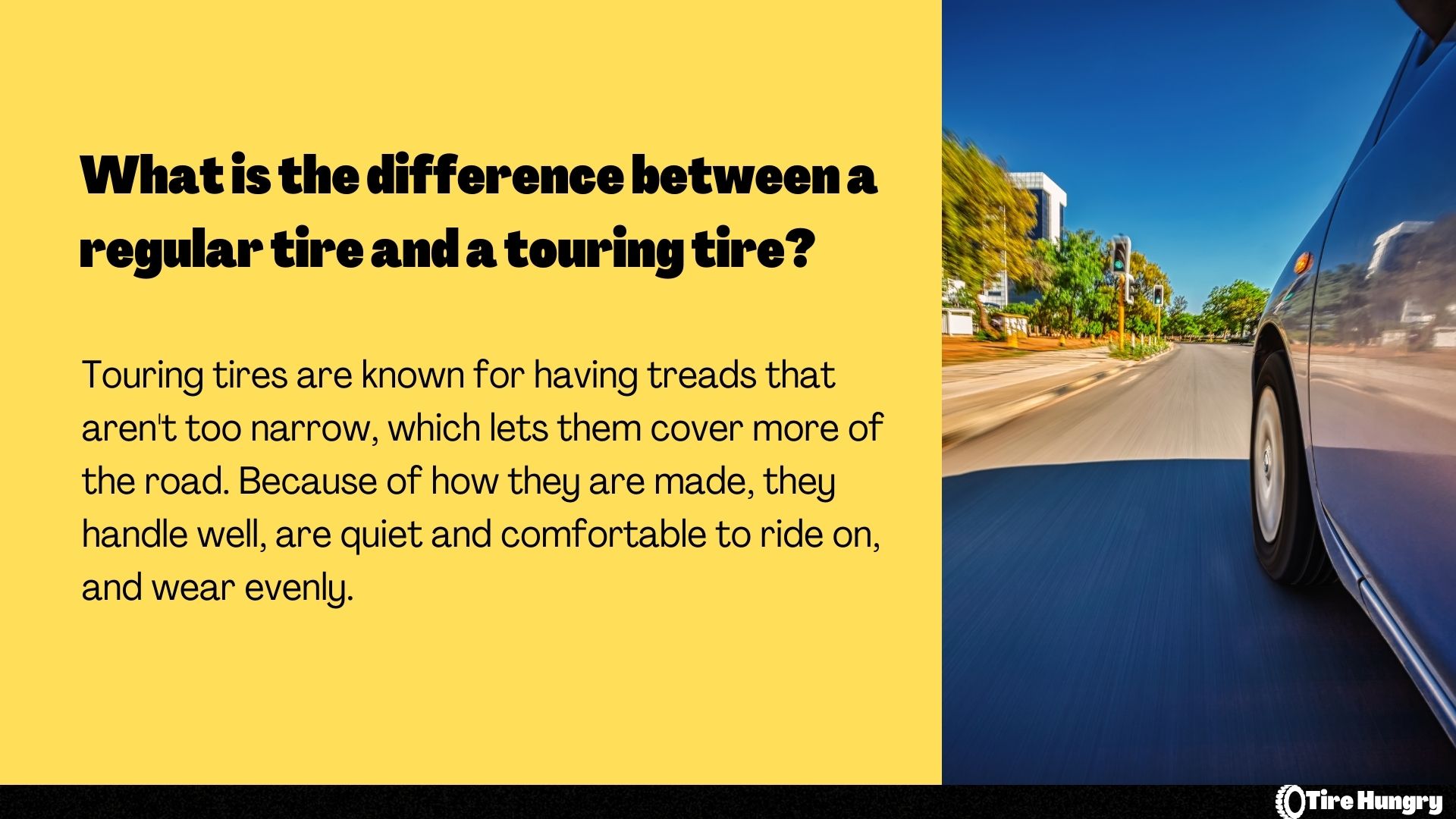
The best thing about this category is that there are several sub-categories offering different driving experiences. Depending on your preferences, you can go for grand touring tires or standard or highway touring ones.
Grand touring tires are a mix of performance and touring driving, but still leaning more toward touring. They offer better grip and traction and more dynamic handling. It’s not something you’d be taking to a track, but it’s not a poor choice if you want to keep some of the refinement.
For the complete touring experience, you have other sub-categories. On paper, these tires are more towards low noise and high comfort levels and won’t be as “sporty” as the grand touring ones. These are among the longest-lasting tires on the market.
In terms of driving conditions, touring tires come in several flavors – summer, winter, and all-season. With this approach, manufacturers offer a little bit of everything for everyone.
What are Performance Tires?
On the opposite side of the spectrum, we have performance tires designed for sporty driving. Having these kinds of driving characteristics usually means that you’ll be sacrificing refinement.
To be fair, I’ve reviewed some performance tires that were acceptably comfortable and quiet. Emphasis on acceptable, as no performance-oriented tire would be comparable to a touring one. Also, considering the application of these tires, longevity isn’t something you should expect. They will last awhile if you don’t push them too hard.
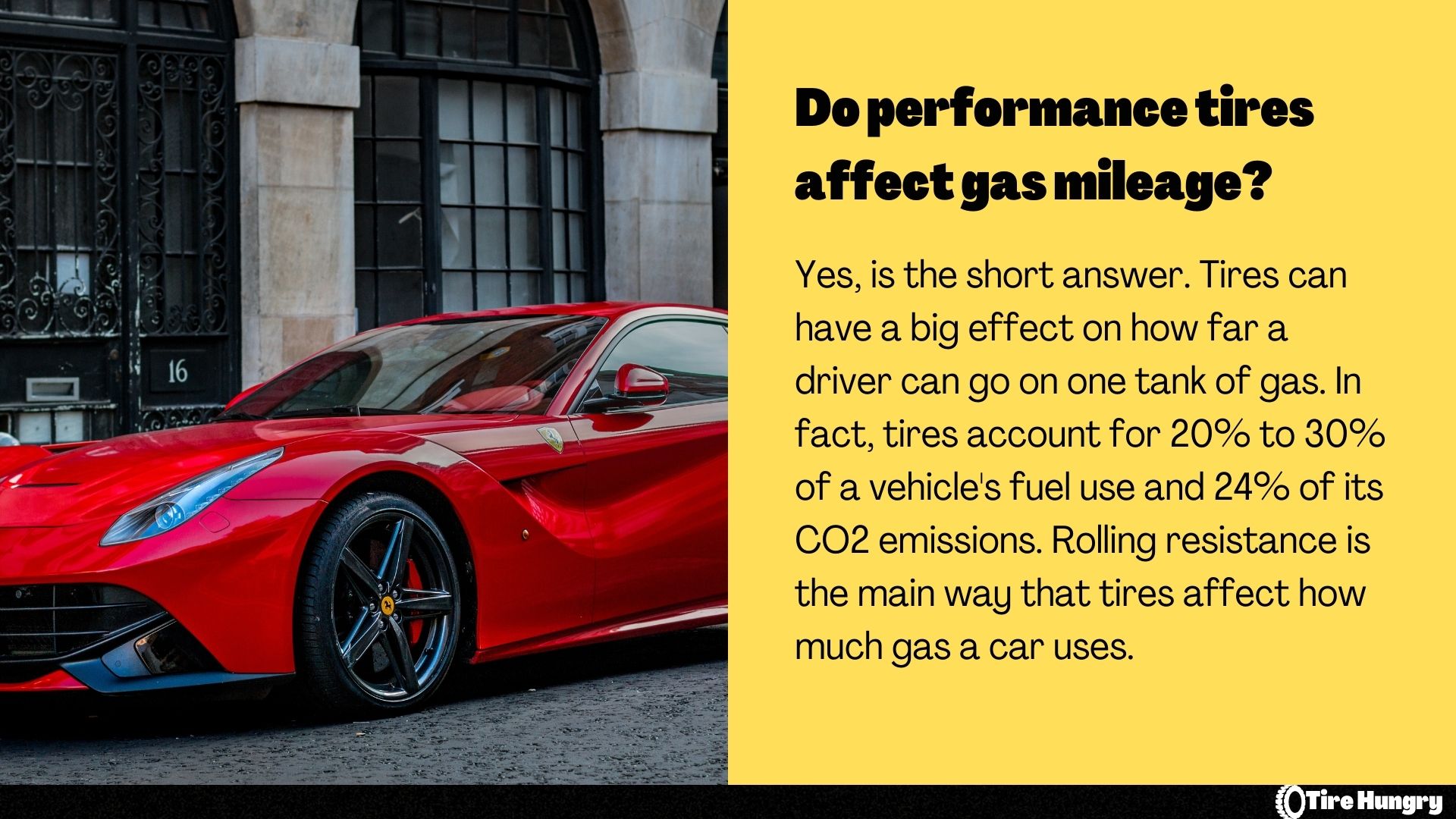
In the performance segment of the tire industry, there are several sub-groups, like in the touring one. The best in terms of performance you can get is the track-ready tires. These have no compromises in terms of performance and some of them are road-legal, so check that out if you plan to fit them to your daily commuter.
With the cheater tires aside, there are several other categories that aim to deliver the best performance possible. You have high, ultra-high, max, or extreme performance tires which don’t offer the same driving experience.
The extreme models offer the highest levels of grip and traction and are the best in terms of handling. With these models, you make the most compromises in the refinement department.
With high-performance tires, things are a bit more touring-like. Even though the performance is much better than the touring models, it’s not as good as the extreme ones. The refinement levels are also decent and for some models, I can even say that they are pretty well refined.
When it comes to driving conditions, the performance tires don’t differ from the touring ones. You have summer, winter, and all-season models, which cover a very wide range. As before, each model is different, so choose wisely.
How to Choose Between Touring and Performance tires?
Flipping a coin is the easiest way, but it doesn’t guarantee that you’ll get what you need. For the sake of this explanation, I’ll ignore tire sizes and fitments and talk only about the tires and their performance.
When to Choose Touring Tires?
If you want a refined ride from a set that will last long, touring tires are for you. They don’t need the model that will be stickiest, as they never push their vehicle to the limit.
Touring tires aren’t designed for aggressive driving, which is why I refer to them as the sensible option. You won’t be taking your car on a track, but you will be comfortable on your daily commute.
When to Choose Performance Tires?
On the other hand, people that are after more performance and are willing to make some compromises should look at performance tires. They will perform better than the touring ones in terms of grip and traction, but won’t be as refined.
Some models in this category are designed for the track. Considering that the whole point is to drive on the limit, you shouldn’t expect a long life from these kinds of tires. What you should expect is responsive handling and a tire that will stick to the road much better.
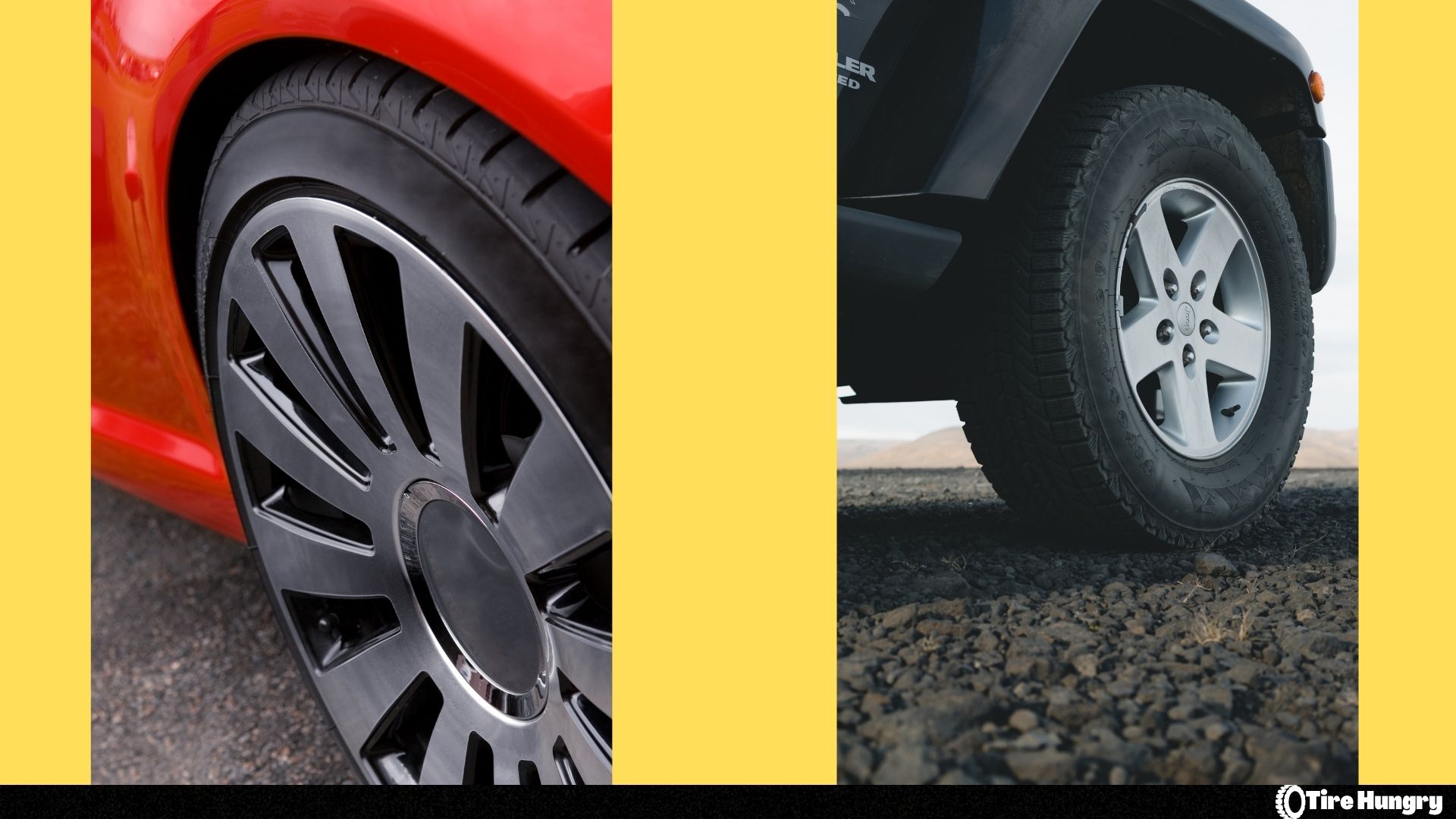
Choosing Tires Based on the Vehicle
We often say that a performance tire is a good option for a sporty coupe or a touring one for a hatchback. Things aren’t so black and white and you won’t upset the tire gods if you do it the other way around.
The idea behind this is that a sporty car is designed from the factory for that kind of driving. Fitting it with a set of performance tires will complement the car’s abilities and you’ll get the most out of it. A family sedan or a hatchback isn’t designed for that, so it’s natural to assume that a set of touring tires will do wonders. All of this is true, but not in every situation.
I mentioned several times that the type of tires depends on your preference. With this in mind, it means that you can mix things up and still get the driving characteristics you want, but not in every situation. Here are a few examples to explain what I mean.
My 92 Corolla is a car that barely has enough power to move, so it always gets a set of touring tires. Even if I could go for something more performance-oriented, I wouldn’t get any of the benefits. Sticky tires mean nothing on a 30-year-old car unless it sees at least some suspension upgrades.
On the other hand, a friend of mine has the new Corolla in the hatchback variant with the multi-link suspension in the rear. Going for a performance option can be beneficial. The car will be nimbler and will tackle a corner much faster than with some touring models.
Another good example is my IS250. Lexus advertised it as a sporty sedan and I’d say that it’s more of a sedan than sporty, but that’s not the main topic here. At the moment I’m running PremiumContact 6 – grand touring tires, giving me a good balance of performance and refinement. I can go with something more performance-oriented and get a bit more of the sportiness to the surface. I can also go for a set of full-fat touring tires and get the quietest and most comfortable ride, sacrificing that little bit of performance the car offers.
There are plenty of exceptions to these examples. Take the S class, for example. Sure, you can fit a set of Pilot Sport 4S, but it’s pointless. It’s a luxury sedan, designed for comfort, so touring tires would be a better choice.
What about sports cars like the NXS or a Corvette? Yes, you can fit touring tires, but you’ll lose a lot of the driving capabilities, which is why a set of performance tires should be the preferred choice. After all, you don’t buy these as comfortable cruisers on the highway. There are other types of cars for that.
Conclusion
Many people think we can offer a specific answer to this question without knowing some specifics. The reality is complicated, which is why I’m giving you a broader answer.
Touring and performance tires have different target groups. Each is determined by the type of vehicle and the driver’s preferences. Some cars can benefit from both types, while for others the best approach is to remain with what the car came with from the factory.
At the end of the day, it all comes down to your needs, preferences, and budget. Whichever type you choose, make sure that you are aware of what the tires can offer and set your expectations accordingly. My recommendation is to check out our review section and see if we have the tire there. That way, you’ll know what to expect.

